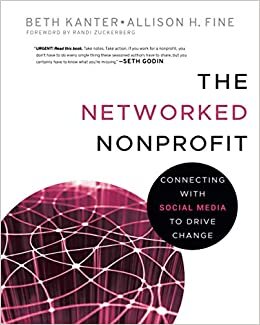Top 5 Books Every Charitable Leaders Should Read
Attempting to change the world can be a monumental task, to put it simply. In a challenging sector, using helpful resources is crucial to becoming a resilient professional and to build a better understanding of one's purpose and leadership in the industry. With that in mind, here are five books that every charitable leader should consider reading:
Money Well Spent: A Strategic Plan for Smart Philanthropy by Hal Harvey and Paul Brest
As a winner of the 2009 Skystone Ryan Prize for Research, Association of Fundraising Professionals Research Council, this book is a must-read in the world of philanthropy. The book focuses on how to create and introduce a smart strategy that has a meaningful impact on a philanthropic organization. Components include: having a clear strategy of one’s philanthropic goals, detailing indicators of success on every project, and designing and facilitating a plan with available resources. The authors also discuss fostering an evidence-based understanding of the world in which the organization’s strategy is to operate.
This phenomenal book draws on examples from over 100 foundations and nonprofit organizations, offering readers a framework for what they need to design a strategy to address key issues using effective tools like science, education, services and advocacy. This book can help charitable leaders achieve their objectives, identify how to choose different forms of funding, and how to master the impacts of grants and programs. It also helps readers understand when to be patient and stick to a strategy that works or how to identify and abandon failing plans. This book is recommended for anyone who wants to get the most out of philanthropic value: donors, foundations and nonprofits.
The Networked Nonprofit: Connecting with Social Media to Drive Change by Beth Kanter
Traditional management wisdom would have many believe that nonprofits must be large to have the most impact. However, many of the world’s most successful organizations stay small, sharing their workload and mission with long-term partners. The success of these networked nonprofits suggests that organizations can focus more on cultivating their networks and less on growing their internal operations.
Published in 2010, the book was one of the first to explain how charities can maximize upon social media campaigns to find new supporters. In 2012, Kanter wrote a second book, Measuring the Networked Nonprofit, which offers guidance on how to use social media data.
Changing the World without Losing Your Mind by Alex Counts
This book offers comprehensive knowledge as a memoir, historical reference, and instructional guide for social impact work. It’s filled with actionable wisdom and a close up seat to financial inclusion’s formative years. Noted as one of the twelve most charitable books to read by Forbes, Changing the World seeks to provide key lessons the author learned in nonprofit leadership, management, fundraising and governance. With three decades of experience, Counts gears this book specifically to young professionals who aspire to or were recently installed in leadership positions in nonprofits and social enterprises. This book is essentially an opportunity to listen to the advice of an accomplished nonprofit leader as he starts a conversation with a younger version of himself, just as they turn 30 and tackle their first major leadership role in social change.
Creative Capitalism: A Conversation with Bill Gates, Warren Buffett, and Others by Michael Kinsley
Creative Capitalism features the idea of “venture philanthropy” on impact investing initiatives by well-known philanthropists. From Bill Gates to Warren Buffet, famous philanthropists often bring business knowledge to their charitable endeavors. The controversial new idea is debated by over forty contributors to the book, including three Nobel prize laureates and two former U.S. cabinet secretaries. It brings forth some of the world’s most intriguing minds to engage in Gates’ challenge. Warren Buffet backs Gates, while others like Lawrence Summers are worried about the consequences of multiple corporate initiatives. The book offers a wide range of opinions and offers some thought-provoking ideas on if altruistic companies can survive in a competitive economy.
This inspiring book offers insights for aspiring social entrepreneurs and the philanthropists and investors who back them. Great ideas for social impact often die because organizations lack the tools they need to scale. However, with the right resources, strategies and support systems in place, any nonprofit can find success. This energetic guide takes a no-nonsense look at the trends that have helped other nonprofits succeed. Janus surveys newly founded organizations and tracks which ones reached organizational sustainability, meaning which ones make about $2 million per year. Janus finds that there are five key strategies to success which range from telling intriguing stories to funding experimentation through diverse tools. In a surprising find, none of the organizations surveyed reported that their organization was driven by a single brilliant idea or charismatic founder. This book provides clear advice that can offer comfort, direction and know-how to help aspiring social entrepreneurs know that they are not alone on their journey.






